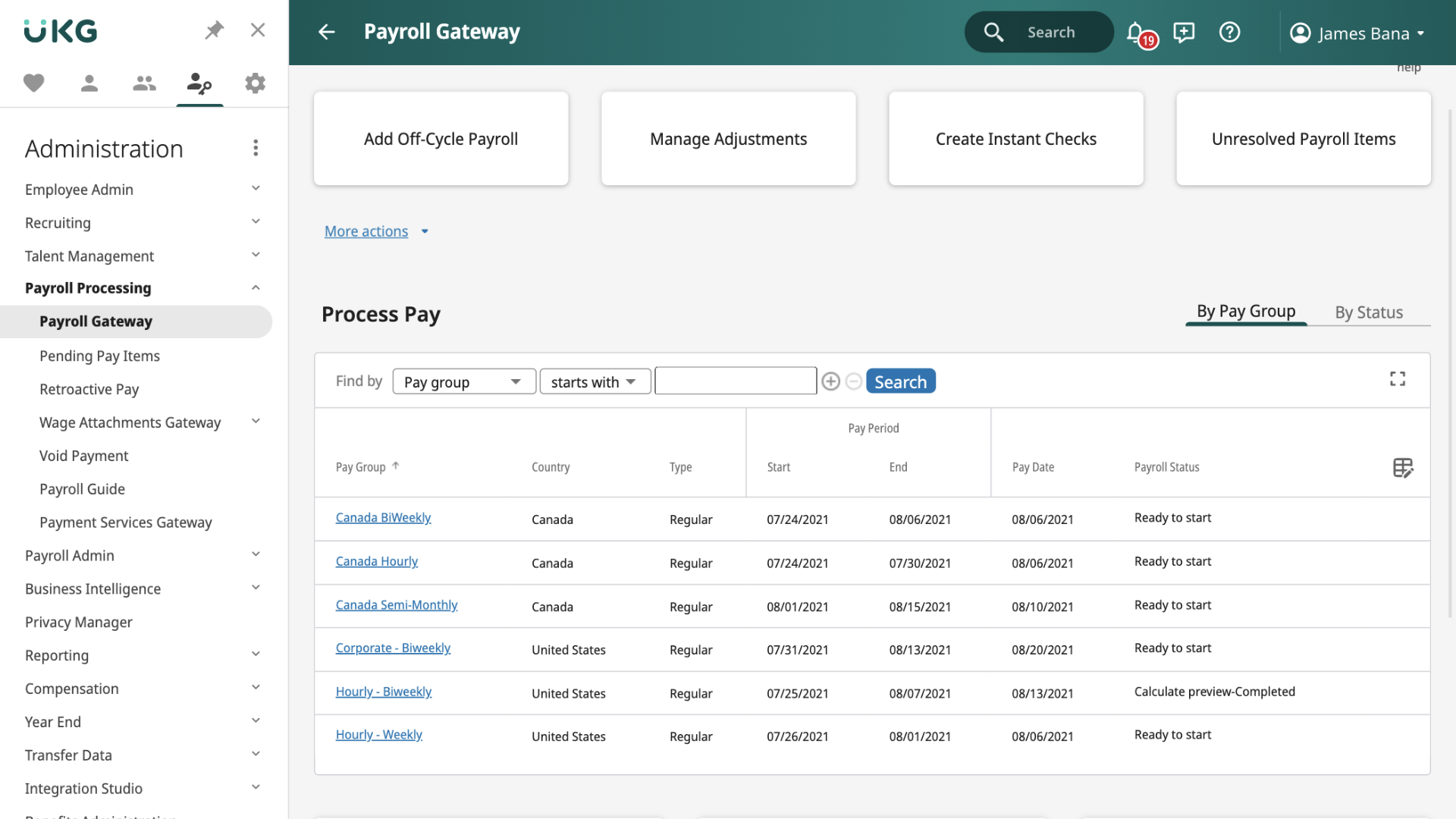Navigating the real estate market can be a daunting task, especially when it comes to understanding different professional roles like “real estate agent” and “broker”. Did you know these two titles aren’t interchangeable and have distinct job functions in property transactions? This blog post will demystify the differences between agents and brokers, giving you valuable insights to choose the right industry professional for your needs.
Key Takeaways
- Real estate agents assist buyers and sellers in property transactions by presenting offers, negotiating prices, listing properties, preparing paperwork, and staying updated on market conditions.
- Real estate brokers have additional training and education compared to agents. They can operate independently or own their brokerage firm and have more legal responsibilities. Brokers specialize in different types of properties and can operate as independent contractors or business owners.
- Both agents and brokers earn income through commissions from completed deals. Commission rates typically range between 5% to 6% of the total sales price. Agents working under brokers split commissions with their brokerage firms while brokers keep a larger portion of the commission due to owning their enterprise.
What is a Real Estate Agent?
A real estate agent is a licensed professional who assists buyers and sellers in property transactions.

Role and responsibilities
Real estate agents play pivotal roles in property transactions. Their primary responsibility revolves around assisting clients in buying, selling, or renting properties. They present purchase offers to sellers for consideration and negotiate prices on behalf of their clients.
These industry professionals list properties for sale and introduce potential buyers to those properties. Moreover, they arrange for title searches and work closely with escrow companies to ensure a smooth transaction process is achieved.
Agents also help prepare necessary paperwork concerning the lease or sale, adhering strictly to real estate laws and regulations within their jurisdiction. In addition, they stay updated on current market conditions and utilize this knowledge when advising clients on pricing strategies.
Types of real estate agents
Real estate agents come in various types, each with their own specialty and focus. One type is a buyer’s agent, who specializes in assisting buyers in finding the perfect property.
They help identify suitable options, negotiate offers, and guide clients through the buying process. On the other hand, seller’s agents specialize in representing sellers and work diligently to market their properties, find potential buyers, and negotiate favorable terms.
Additionally, there are dual agents who represent both buyers and sellers in a transaction while maintaining neutrality throughout the process. Finally, leasing agents specialize in renting residential or commercial properties on behalf of landlords or property management companies.
Another category of real estate professionals is rental agents who exclusively deal with helping tenants find suitable rentals based on their preferences and budget. These professionals have extensive knowledge about different neighborhoods and can provide guidance on lease agreements and tenant rights.
In addition to these specialized roles within real estate agency practice, it’s worth mentioning that many real estate professionals hold additional titles such as Realtors®, brokers’ associates, or salespersons affiliated with specific brokerage firms; however, these designations mainly relate to professional association memberships rather than specific job descriptions.

How they get paid
Real estate agents and brokers are both paid through commission-based structures. When a property transaction is completed, whether it’s buying or selling, the agent or broker involved receives a percentage of the sale price as compensation for their services.
This means that they only get paid when they facilitate a successful deal. The commission rates can vary, but on average, they range between 5% to 6% of the total sales price. Agents who work under brokers typically split their commissions with their brokerage firm as a way to cover expenses and overhead costs.
Brokers, on the other hand, have more flexibility in how they get paid. Since they own their real estate firm or brokerage, they can keep a larger portion of the commission earned from each transaction.
In addition to earning commissions from deals they personally handle, brokers may also receive income from agents who work for them through referral fees or management fees. This setup allows brokers to generate passive income while still actively participating in real estate transactions.
What is a Real Estate Broker?
A real estate broker is a licensed professional who has gone through additional training and education to achieve a higher level of expertise in the real estate industry.

Differences from a real estate agent
Real estate brokers differ from real estate agents in several ways. For starters, brokers have a higher level of licensing requirements compared to agents. They must complete more education and experience hours, allowing them to operate independently or even own their own brokerage firm.
While agents work under the supervision of a broker, brokers have the freedom to hire and manage their own team of agents. Additionally, brokers typically have more legal responsibilities and are held accountable for the actions of their agents.
This added level of responsibility gives brokers greater opportunities for career advancement within the industry.
Types of real estate brokers
Real estate brokers play a crucial role in the buying and selling of properties. There are different types of real estate brokers, each with their specialization. Some specialize in residential properties, helping clients find homes or apartments to buy or rent.
Others focus on commercial real estate, assisting businesses in finding office spaces or retail stores. Additionally, some brokers specialize in investment properties, helping clients navigate the complexities of purchasing income-generating assets like rental properties or land for development.
Regardless of their specialization, all real estate brokers work diligently to facilitate property transactions and ensure that their clients’ needs are met.
In addition to specializing in different types of properties, real estate brokers can also be categorized based on how they operate within the industry. Some brokers work as independent contractors under a larger real estate firm, while others own their own brokerage firm and hire other agents to work under them.

How they get paid
Real estate agents and brokers earn their income through commissions. When a property transaction is successfully completed, they receive a percentage of the sale price as compensation for their services.
This means that their payment is directly tied to the value of the property being bought or sold. Agents typically work as independent contractors under a real estate firm, while brokers have the option to own their own brokerage.
The commission rates can vary, but it is usually split between the listing agent (the one who represents the seller) and the buyer’s agent (the one who represents the buyer). This payment structure incentivizes both agents and brokers to actively facilitate transactions and provide valuable assistance throughout each step of the buying or selling process.
Key Differences between a Real Estate Agent and a Broker
Real estate agents and brokers differ in licensing requirements, business ownership, legal responsibilities, and advancement opportunities. Read on to discover these important distinctions that can help you make an informed decision.

Licensing requirements
Real estate agents and brokers must meet specific licensing requirements to legally practice in the industry. To obtain a license, individuals typically need to complete a certain number of hours of pre-licensing education and pass a state exam.
These requirements vary by state, so it’s important for aspiring agents and brokers to research the specific criteria in their area. Once licensed, professionals are legally able to represent buyers or sellers in property transactions and perform other real estate tasks within their scope of practice.
Business ownership
Real estate brokers have the opportunity to take their career to the next level by owning their own real estate firm. This means they have more control over their business and can make decisions autonomously.
By owning a firm, brokers have the ability to hire and manage real estate agents, giving them the chance to build and lead a team of professionals. Having ownership also allows brokers to set their own commission rates and determine how much they earn from each transaction.
Overall, business ownership offers brokers greater flexibility, potential for growth, and increased financial rewards.
On the other hand, real estate agents typically work under the supervision of a broker or within a real estate firm. They do not have the same level of independence as brokers when it comes to running a business.
Legal responsibilities
Real estate agents and brokers have legal responsibilities that they must fulfill when handling property transactions. These licensed professionals are required to adhere to laws and regulations governing the real estate industry.
They must ensure that all their actions align with these legal requirements, including providing accurate and truthful information about properties, disclosing any potential issues or risks associated with a property, and protecting the interests of their clients.
Additionally, they are responsible for preparing necessary documents and contracts in accordance with applicable laws. By understanding and abiding by these legal responsibilities, real estate agents and brokers can effectively navigate the selling process while safeguarding their client’s rights and interests.
Advancement opportunities
Advancement opportunities in the real estate industry are abundant for both agents and brokers. As a licensed agent gains experience and builds their network, they can potentially advance to higher-profile clients and more lucrative sales.
They may also have the opportunity to specialize in a particular area of real estate, such as luxury properties or commercial leasing. On the other hand, brokers have the potential to own their own firm and hire agents under them.
This allows them to expand their business and increase their earning potential. Brokers may also have access to additional resources and support from their brokerage, which can further enhance their chances of success in the industry.
Which One Should You Work With?
Consider these factors when deciding between a real estate agent and a broker: your specific needs, the complexity of your transaction, and the level of guidance you require.

Factors to consider
When deciding whether to work with a real estate agent or broker, there are several factors to take into consideration. One important factor is the complexity of your real estate transaction.
If you’re buying or selling a straightforward residential property, a real estate agent may be sufficient. However, if you’re involved in a more complex commercial deal or need specialized advice, working with a broker who has additional training and experience could be beneficial.
Another factor to consider is your level of involvement in the process. If you prefer a more hands-on approach and want to be actively involved in every step of the transaction, an agent may be preferable.
On the other hand, if you would rather delegate certain tasks and have someone handle all the paperwork and negotiations on your behalf, a broker might be better suited for your needs.
In addition to these factors, it’s also important to consider communication style and availability. Do you prefer regular updates and frequent contact? Are you comfortable reaching out for assistance whenever needed? These considerations can help determine whether an agent or broker will meet your expectations when it comes to responsiveness and accessibility throughout the buying or selling process.
Benefits of working with an agent
Working with a real estate agent can provide numerous benefits when buying or selling property. Agents have in-depth knowledge of the local market, allowing them to accurately price your home or negotiate a fair offer on your behalf.
They also have access to extensive networks and resources, which means they can quickly find potential buyers or properties that meet your criteria. Additionally, agents handle all the paperwork and legal requirements involved in property transactions, ensuring a smooth process from start to finish.
Overall, working with an agent saves you time, reduces stress, and increases your chances of achieving the best possible outcome.
Benefits of working with a broker
Working with a broker offers several benefits when navigating the complex world of real estate. Brokers have an in-depth understanding of the market and can provide valuable insights to help you make informed decisions.
With their extensive network, brokers are often able to connect you with a wide range of properties that meet your specific needs and preferences. Additionally, brokers handle all negotiations on your behalf, ensuring that you get the best possible deal.
They also take care of paperwork and legal formalities, streamlining the buying or selling process for you. By working with a broker, you can save time, effort, and potentially money while enjoying professional guidance every step of the way.
Making an informed decision
To make an informed decision about whether to work with a real estate agent or a broker, you should consider several factors. Firstly, think about the complexity of your property transaction and the level of support you require.
If you are buying or selling a home for the first time, it may be beneficial to work with an agent who can guide you through the process step by step. On the other hand, if you have experience in real estate and prefer more independence, working with a broker might be a better fit.
Secondly, consider your budget and how each professional is compensated. Agents typically earn commissions on each transaction they facilitate, while brokers often receive higher commission rates but may also have additional fees associated with owning their firm.
Finally, weigh the advantages offered by both agents and brokers based on your specific needs and goals. Whether it’s finding rental properties or negotiating deals for buyers or sellers, both professionals play important roles in the industry.
Conclusion
In conclusion, understanding the key differences between a real estate agent and a broker is crucial when navigating the complex world of property transactions. Both are licensed professionals in the industry, but agents work under a broker’s supervision while brokers have the opportunity to own their firms.
Whether you choose to work with an agent or a broker depends on your specific needs and preferences, so take into consideration factors such as experience, expertise, and commission rates before making an informed decision.
Frequently Asked Questions
What’s the difference between a real estate agent and a broker?
A real estate agent works under supervision as an intermediary in buying and selling or renting property, while a broker is an independent contractor who operates their own real estate brokerage.
Can both agents and brokers facilitate transactions?
Yes, both real estate professionals can assist with buying, selling, or renting properties but brokers have extra responsibilities since they run their own businesses.
Who helps more in navigating the selling process?
Both the property dealer known as a real estate salesperson and the property consultant referred to as a broker can help navigate through the process of selling a property. The level of assistance may depend on your unique needs.
Is there any advantage of being a broker over an agent?
The perks of being a broker typically involve increased income potential due to not having to work under another’s supervision. They also have options like hiring other real estate agents providing them more flexibility for larger business operations.
If I want to hire someone for facilitating transactions which one should I choose?
Either could be hired based on your specific requirements; if you prefer someone with extensive experience and vast connections you might opt for hiring fromamongst Property Brokers whereas for more personalized services Real Estate Agents are often ideal.



